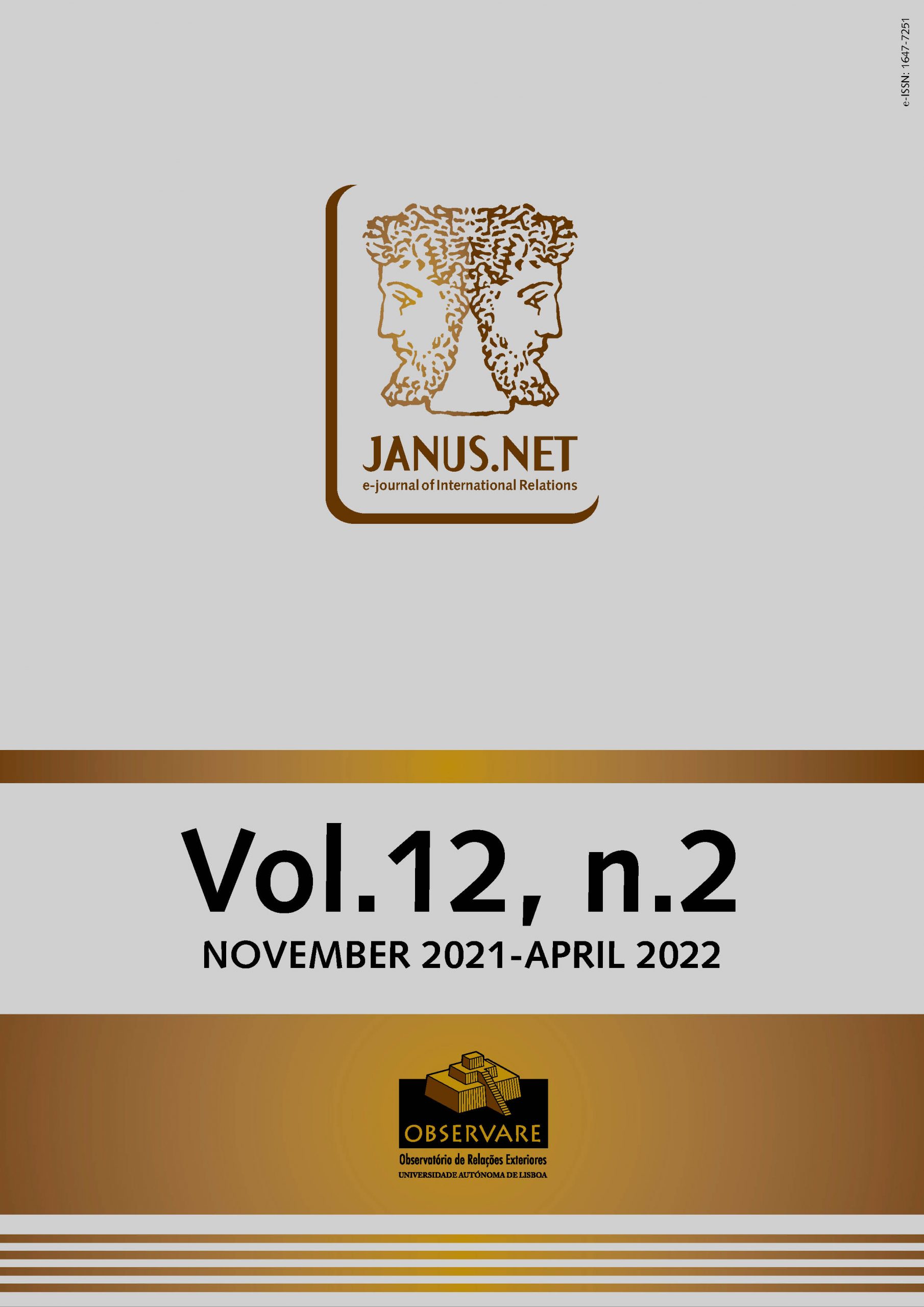Throughout its history, the process of European integration has been shaped by successive stages of transfer of competences and powers from the Member States to the European Union and its institutions. At the same time, and with progressively shorter latency periods, several moments of crisis in the integration process were recorded. Of these crises, the financial crisis that began in 2008 was of particular importance, demonstrating the difficulties in reaching consensus and the fragmentation of interests within the European integration process. This article aims to make a historical revisitation of several crisis moments in the European integration process, with special attention to the past sovereign debt and Eurozone crises. From this exposition, an argument is made about the susceptibility of fragmentation of interests within the European Union, what are the causes and consequences of this fragmentation and how this was reproduced throughout 2020 in the construction of the Recovery and Resilience Fund, launched by the European Union in response to the crisis triggered by the Covid-19 pandemic. Additionally, a diverse set of perspectives on the Resilience and Recovery Fund and its relevance in the framework of the continuity of the European integration process is presented. Finally, we conclude that the European integration process is once again marked by the strengthening of its political agenda and by recent signs of adaptation of the European Union institutions to the management of constant crisis cycles, allowing the integration process to continue.
THE EUROPEAN UNION’S RECOVERY AND RESILIENCE FUND, IN THE CONTEXT OF THE EUROPEAN INTEGRATION PROJECT AND ITS FUTURE PROSPECTS
Jurist. Master's student in the course of Public Administration and Management and of PhD in Public Policies, in the Department of Social, Political and Territorial Sciences of the University of Aveiro (Portugal). Post-Graduate in Labour Law by the Institute of Labour and Company Law of the Faculty of Law of the University of Coimbra and also holds a degree in Law from the Lusíada University of Porto.
Resumo
Palavras-chave
Como citar este artigo
Guerra, Filipe (2021). The European Union’s recovery and resilience fund, in the context of the European integration project and its future prospects. Janus.net, e-journal of international relations. Vol12, Nº. 2, November 2021-April 2022. Consulted [online] on the date of the last visit, https://doi.org/10.26619/1647-7251.12.2.10
Article received on 31 March, 2021 and accepted for publication on 7 September, 2021















